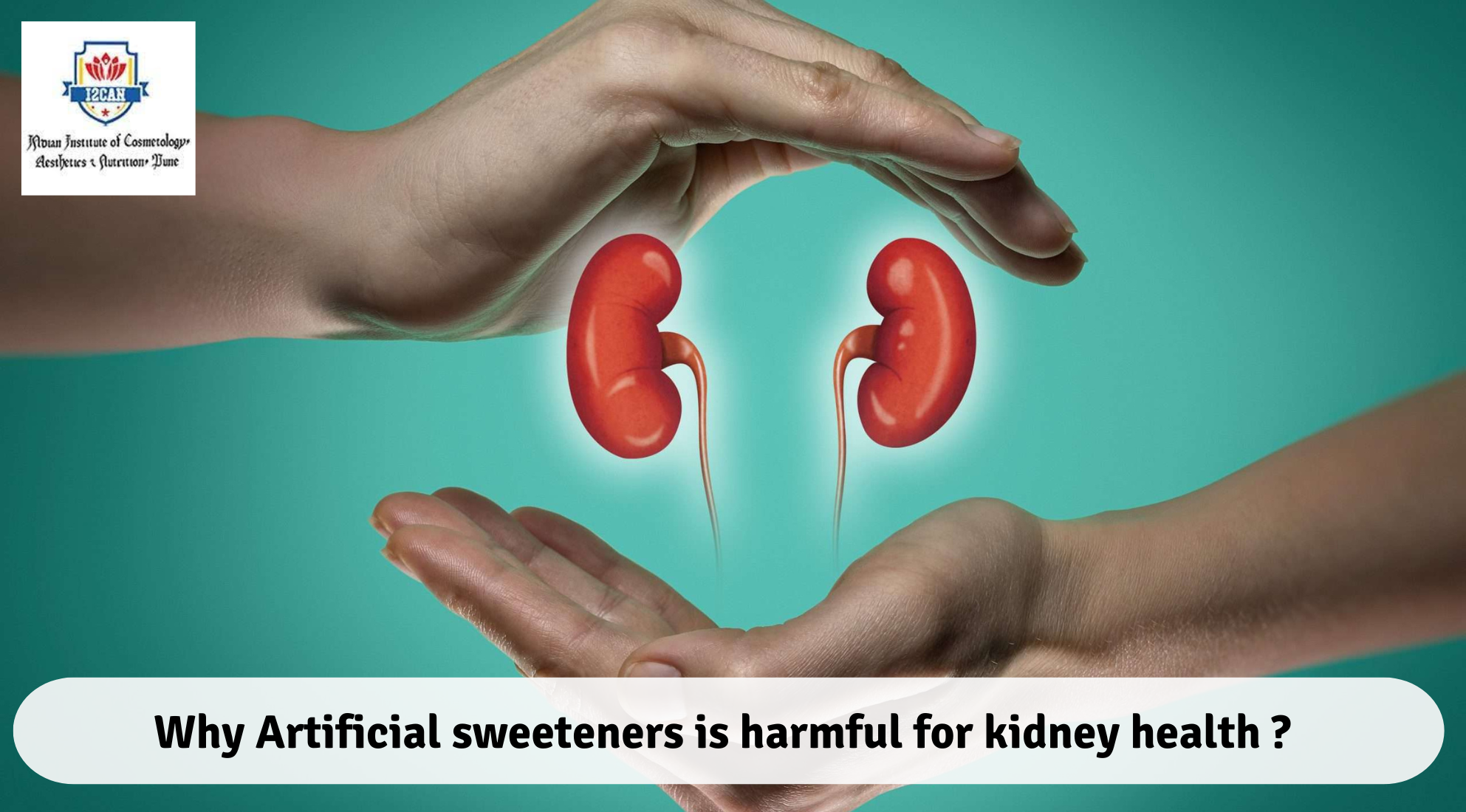The quest for sugar alternatives has led to the widespread use of artificial sweeteners, but concerns about their impact on health, particularly kidney health, have sparked debates among researchers and health-conscious individuals. This blog aims to explore the intricate connection between artificial sweeteners and kidney health, shedding light on the current state of scientific understanding.
Understanding Artificial Sweeteners:
Artificial sweeteners, such as saccharin, aspartame, sucralose, and others, are commonly used to provide a sweet taste to foods and beverages without the caloric content of sugar. While these substitutes offer a viable option for those aiming to reduce sugar intake, questions have arisen regarding their potential impact on kidney function.
Research Findings:
Numerous studies have investigated the relationship between artificial sweeteners and kidney health, producing a mixed bag of results. Some research suggests a potential association between high consumption of artificial sweeteners and an increased risk of kidney dysfunction or disease. However, it’s crucial to acknowledge the variability in study outcomes, with some research failing to establish a clear link.
Excretion and Kidney Concerns:
One notable aspect is that artificial sweeteners are often metabolized and excreted by the kidneys. This has raised concerns about the potential burden on kidney function, particularly when these sweeteners are consumed in excessive amounts. Understanding the dynamics of how artificial sweeteners interact with the kidneys is a critical step in evaluating their impact on overall kidney health.
Individualized Considerations:
It’s essential to recognize that individual responses to artificial sweeteners can vary. Factors such as genetics, existing health conditions, and overall diet play crucial roles in determining how these sweeteners may affect kidney function. Individuals with pre-existing kidney conditions or those at risk for kidney problems may need to exercise caution in their consumption of artificial sweeteners.
Dietary Considerations for Kidney Health:
For individuals with kidney disease or those at risk, maintaining a balanced diet is paramount. Certain substances, such as potassium and phosphorus, can impact kidney function, and artificial sweeteners may be part of a broader dietary consideration. Healthcare professionals often recommend a personalized approach to dietary choices based on an individual’s health status and medical history.
Conclusion:
While the relationship between artificial sweeteners and kidney health remains an active area of research, it’s important to approach the topic with a nuanced perspective. Acknowledging the limitations of individual studies and understanding the complexities of dietary choices is crucial. As research continues, consulting with healthcare professionals for personalized advice and adopting a holistic approach to a healthy lifestyle remains a prudent strategy for safeguarding kidney health.


